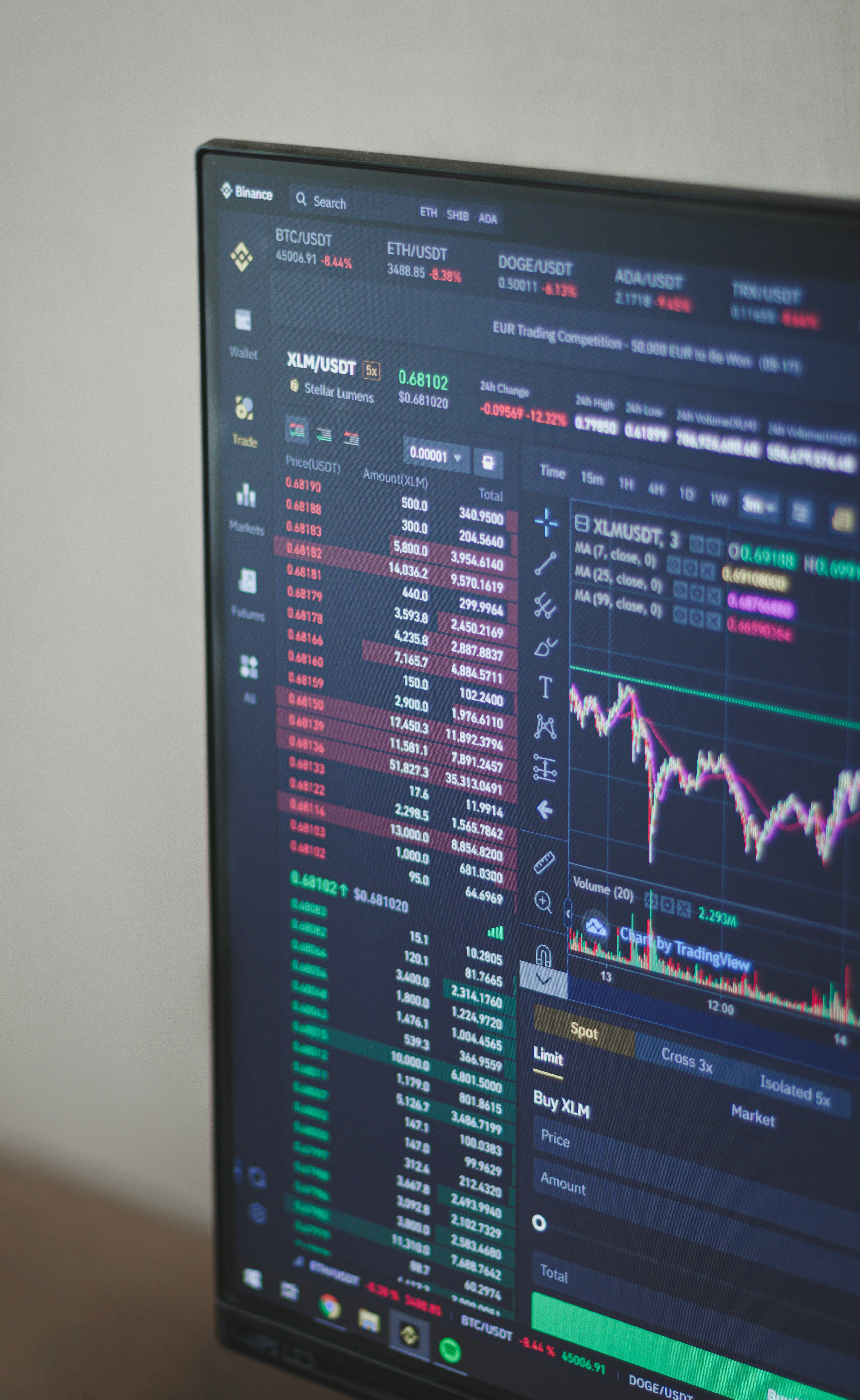Exploring How Cryptocurrency is Shaping Global Finance in Real-Time
For centuries, money has evolved from gold coins to paper notes, from credit cards to digital wallets. Today, we are living through yet another transformation: the rise of cryptocurrencies. What began in 2009 with the birth of Bitcoin has since erupted into a trillion-dollar ecosystem, where thousands of digital assets, decentralized platforms, and innovative technologies are rewriting the way we think about money, payments, and financial sovereignty.
But with every new wave of innovation comes uncertainty. Is crypto really the future of money—or is it just another bubble? Will Bitcoin truly become “digital gold”? Can stablecoins replace the U.S. dollar in international trade? What role will governments and central banks play in regulating or even competing with cryptocurrencies? Reshaping Global Finance: A Deep Dive into Cryptocurrency’s Evolutionary Landscape
Introduction:
We stand at the precipice of a financial revolution—a moment where traditional monetary systems collide with groundbreaking technological innovations. Cryptocurrency and blockchain technologies are no longer fringe concepts but transformative forces reshaping our understanding of money, value, and economic interaction.
The global financial ecosystem is experiencing an unprecedented metamorphosis. Digital currencies, decentralized finance (DeFi) platforms, and blockchain technologies are challenging centuries-old financial paradigms, offering unprecedented opportunities for financial inclusion, transparency, and economic empowerment.
This comprehensive analysis will explore the multifaceted world of cryptocurrency, examining market trends, technological innovations, regulatory landscapes, and the profound implications for global economic systems.
i- Emerging Cryptocurrencies and Tokens
The digital asset landscape continues to expand with innovative blockchain projects.Emerging Categories:
- Privacy-Focused Cryptocurrencies
- Interoperability Tokens
- Sustainable Blockchain Networks
- Utility and Governance Tokens
ii- Regulatory Challenges and Opportunities
The global regulatory environment presents complex dynamics.Key Considerations:
- Consumer Protection
- Anti-Money Laundering Measures
- Taxation Frameworks
- Technological Innovation Support
iii- Compliance and Governance
Advanced compliance mechanisms are emerging.Innovative Approaches:
- Automated Regulatory Reporting
- Real-Time Compliance Monitoring
- Blockchain-Based Governance
- Transparent Regulatory Frameworks
iv- Financial Institution Innovations
Traditional financial institutions are exploring cryptocurrency opportunities.Emerging Approaches:
- Cryptocurrency Trading Platforms
- Digital Asset Custody Solutions
- Blockchain-Based Financial Products
- Hybrid Financial Services
v- The Current State of the Crypto Market
Cryptocurrency markets today are a mix of stability, innovation, and speculation. Bitcoin remains the largest cryptocurrency by market capitalization, often referred to as “digital gold” due to its scarcity and role as a store of value. Ethereum, with its smart contracts, powers much of the decentralized finance (DeFi) and NFT ecosystem.
Other players like Solana, Cardano, and Avalanche are competing to provide faster and more scalable blockchain platforms. Stablecoins, such as USDT and USDC, serve as digital equivalents of fiat currencies, enabling faster international payments. Meanwhile, meme coins like Dogecoin and Shiba Inu highlight the speculative and community-driven side of the industry.
The market is no longer just about buying and holding coins—it is now a vibrant ecosystem that includes:
- Decentralized Finance (DeFi): Platforms offering lending, borrowing, and trading without banks.
- NFTs (Non-Fungible Tokens): Digital assets representing art, collectibles, and even real estate.
- CBDCs (Central Bank Digital Currencies): Government-issued digital currencies that may compete with crypto.
- Metaverse & Web3: Virtual worlds where cryptocurrencies serve as the primary medium of exchange.
vi- Challenges Facing the Crypto Industry
- Volatility: Prices can swing dramatically, making cryptocurrencies risky for everyday transactions.
- Security Threats: Hacks, scams, and rug pulls remain rampant. Investors must practice strict security measures.
- Regulatory Uncertainty: Different countries take different approaches, creating a fragmented global environment.
- Public Perception: Many still view crypto as speculative rather than a serious financial tool.
- Scalability: Some blockchains struggle to handle massive transaction volumes, leading to high fees and congestion.
The journey from physical coins to digital currencies reflects humanity’s constant pursuit of efficiency, trust, and innovation. Cryptocurrencies are not just reshaping finance—they are reshaping society. Whether through decentralized finance, NFTs, or central bank digital currencies, money as we know it is evolving at a pace never seen before.
For investors, entrepreneurs, and everyday users, the key is to stay informed, adaptable, and cautious. The risks are real, but so are the opportunities. The future of money is being written today—and cryptocurrency is at the heart of that story. The cryptocurrency ecosystem represents a profound technological and economic revolution. As digital assets become increasingly integrated into global financial systems, they challenge traditional economic paradigms and offer unprecedented opportunities for innovation, inclusion, and economic transformation.
FAQs
Q1: Is cryptocurrency really the future of money?
Yes, though not exclusively. Cryptocurrencies will likely coexist with fiat money, stablecoins, and CBDCs, creating a more diverse financial ecosystem.
Q2: Why are cryptocurrencies so volatile?
Crypto markets are still young, speculative, and influenced by global events, regulations, and investor sentiment, leading to sharp price swings.
Q3: What technologies are driving cryptocurrency innovation?
Blockchain scalability, interoperability protocols, and advanced consensus mechanisms are primary technological drivers.
Q4: Can cryptocurrencies replace traditional financial systems?
While unlikely to completely replace traditional systems, cryptocurrencies are increasingly complementing and transforming existing financial infrastructures.
Q5: How can individuals start exploring cryptocurrencies?
Begin with comprehensive research, understand basic blockchain concepts, and start with small, manageable investments.
Meta Description
Discover The Future of Money in this in-depth crypto news and analysis feature. Explore the latest trends, challenges, and opportunities in cryptocurrency, from Bitcoin to stablecoins, regulation to innovation—your complete guide to how digital assets are reshaping global finance.




